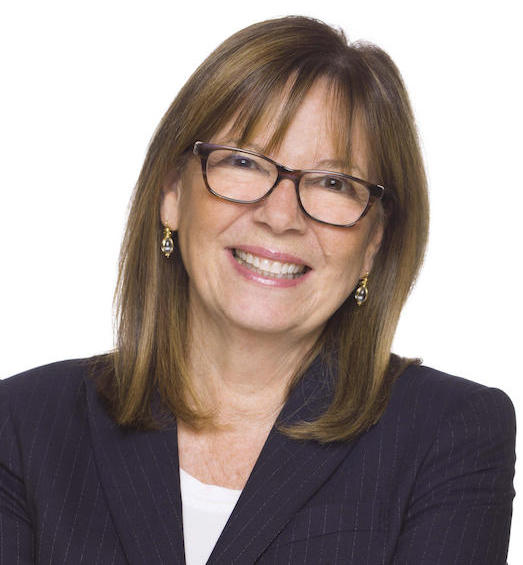System/Policy
Culture that enables harassment demands direct response from pubmedia leaders
"I believe the day is coming when public media leaders move to address problematic workplace experiences as they’re happening — or, even ...To achieve ambitions for journalism, public radio needs grand strategic plan
It’s time to stop dancing around the commitment for expanding local news and to plan for it strategically.Money and history: Why some states lack public radio networks
There’s no simple explanation of why some states have statewide public radio networks while others don’t. But a look at where networks ...INN releases report on nonprofit media sector
The Institute for Nonprofit News report details challenges nonprofit news outlets face in raising funds.NHPR president Betsy Gardella announces retirement after investigation
Gardella told staffers that she would work off-site until the end of the year.Tennessee stations to launch first statewide emergency datacasting initiative
The Tennessee Department of Safety and Homeland Security will provide a $2 million grant.KUT’s interim GM resigns after bumpy four months
Patti Smith will step down Oct. 8, according to an email she sent to staff Monday afternoon.Amid continuing concerns in newsroom, KUT leader urges staff to ‘move on’
Interim GM Patti Smith and KUT journalists also disagreed when Smith intervened in the station's coverage of its own internal matters.College approves sale of Alabama radio station
The college is reportedly negotiating with a religious broadcaster.KJZZ executive demoted following investigation of staff complaints
A report found that Associate GM of News Mark Moran drove employees after drinking, kissed a former intern and made remarks perceived ...Letter from the executive director: Announcing ‘Local that Works’ finalists
Our panel of judges selected four projects that they believe deserve wider attention and adoption within public media.Austin’s KUT wrestles with ‘serious issues’ in newsroom culture
Journalists of color have pressed KUT leaders to address multiple concerns about the workplace climate.Departure of AIR CEO followed two complaint letters from staffers to board
A 16-page letter sent in July detailed a “toxic work environment” in AIR's office.While COO of cannabis company, former CEO again leads N.Y. station
Bob Daino is currently COO of Acreage Holdings, which owns cannabis cultivation, processing and dispensing operations in 12 states.Illinois licensee to end funding for Tri States Public Radio
The station will lose about half its annual operating budget, according to GM Jonathan Ahl.









